Magnitsky case: Swiss ambassador confronts US politicians over sanctions
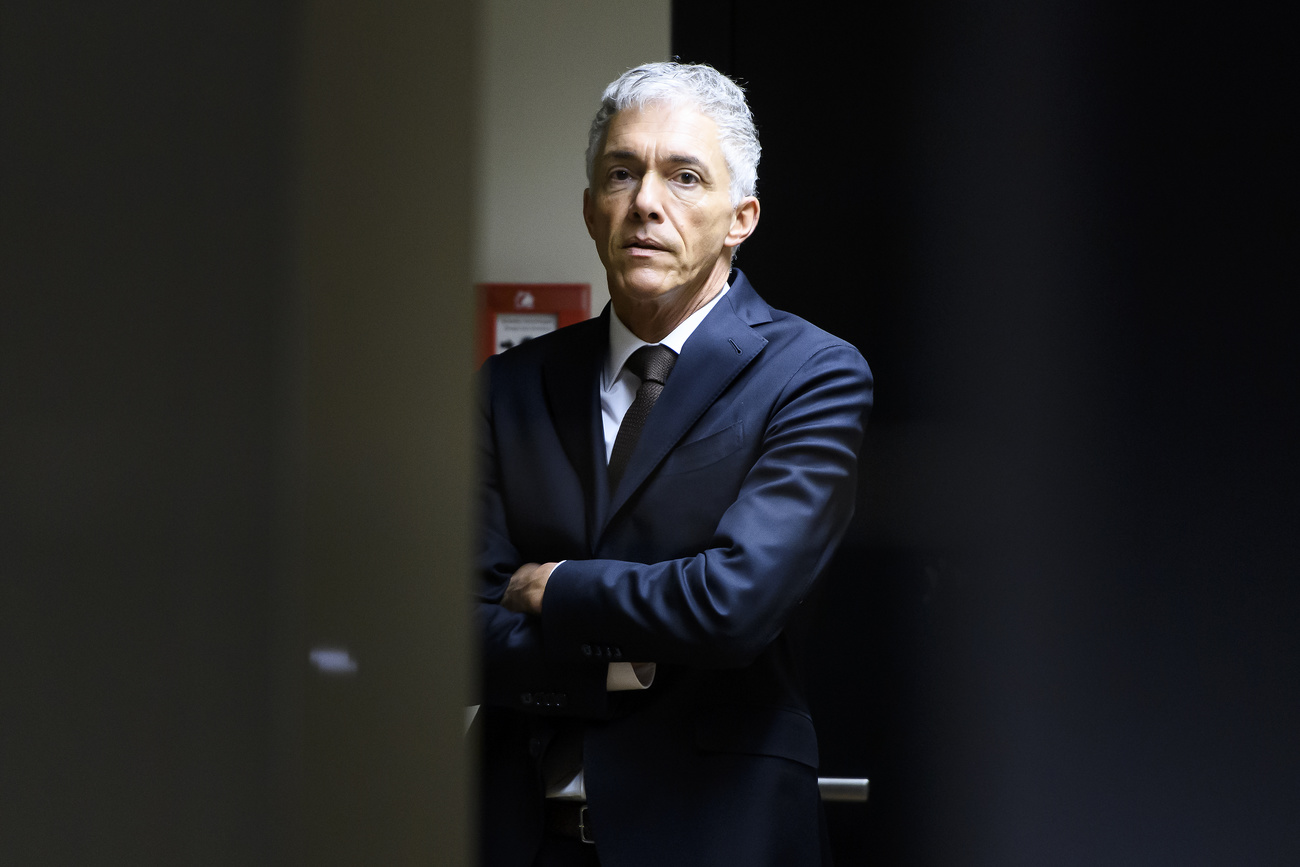
Swiss ambassador to the US, Jacques Pitteloud, has spoken to two senior members of the US Helsinki Commission to firmly reject corruption accusations made regarding the return of money to a sanctioned Russian individual. He condemned the committee’s demand for sanctions against former Swiss attorney general Michael Lauber and two other former federal employees.
The NZZ am Sonntag reportedExternal link on Sunday that Pitteloud had spoken to House of Representatives politicians Joe Wilson and Steve Cohen, who are chairman and ranking member of the United States Commission for Security and Cooperation in Europe, also known as the Helsinki Commission.
On July 27, the commission members sent a letter to US Secretary of State Antony Blinken and Secretary of the Treasury Janet Yellen asking them to consider sanctionsExternal link against Lauber, former federal public prosecutor Patrick Lamon and Vinzenz Schnell, a Russia expert at the Federal Office of Police (Fedpol) for money laundering.
+ Magnitsky affair: sanctions sought against ex-Swiss attorney general
According to the letter, the three Swiss nationals should be sanctioned under the Magnitsky Act. This authorises the US government to sanction individuals who financially profited from the murder in 2009 of Sergei Magnitsky, the lawyer for Hermitage Capital Management in Russia, which Bill Browder co-founded. Magnitsky had uncovered a $230 million (CHF200 million) tax fraud scandal perpetrated by Russian nationals.
+ Swiss reject US accusations of corruption over Russia sanctions
In its letter, the Helsinki Commission said the three Swiss citizens were being targeted “for their involvement in efforts to conceal the fraudulent tax scheme” exposed by Sergei Magnitsky. “These individuals have abetted Russian nationals sanctioned under the Magnitsky Act to regain access to funds, originally frozen in connection with the fraudulent tax scheme, and accepted unauthorised gifts and trips paid by Russian officials and oligarchs.”
The funds in question are the CHF18 million ($20.7 million) that had been frozen in Switzerland in the early 2010s as part of the Magnitsky affair. The Office of the Attorney General of Switzerland (OAG) closed the money-laundering case in connection with the $230 million tax fraud in Russia in 2021 and wanted to confiscate only CHF4 million of the CHF18 million. The OAG said it had only been possible to prove a connection between some of the assets seized in Switzerland and the crime committed in Russia.
The Helsinki Commission said the OAG justified the decision to return the stolen money to the perpetrators by repeating the “false narrative” of Russian officials claiming that “no criminal group was identified” in this fraud and that the tax officials who authorised the refund were “tricked”.
The commission accuses the leading Swiss investigator on the case, Vinzenz Schnell, to have taken bribes in the form of hunting trips funded by Russian oligarchs. Lauber and Lamon were also found to have gone on trips paid by the Russians, it added.
Pitteloud told the committee members that Switzerland believes these accusations are “unfounded” and “unacceptable” and that it rejects them, the Federal Department of Foreign Affairs says. It is not possible to link two subjects that have nothing to do with each other, it added.
Pitteloud criticised the fact that no Swiss government representative was invited to the commission’s hearing ahead of its recent decision. The country was thus prevented from “being able to defend itself adequately”.
Previously, the OAG has also strongly rejected the accusations and demands for sanctions.

More
Bill Browder: Swiss record on fighting money laundering is ‘shocking’

In compliance with the JTI standards
More: SWI swissinfo.ch certified by the Journalism Trust Initiative












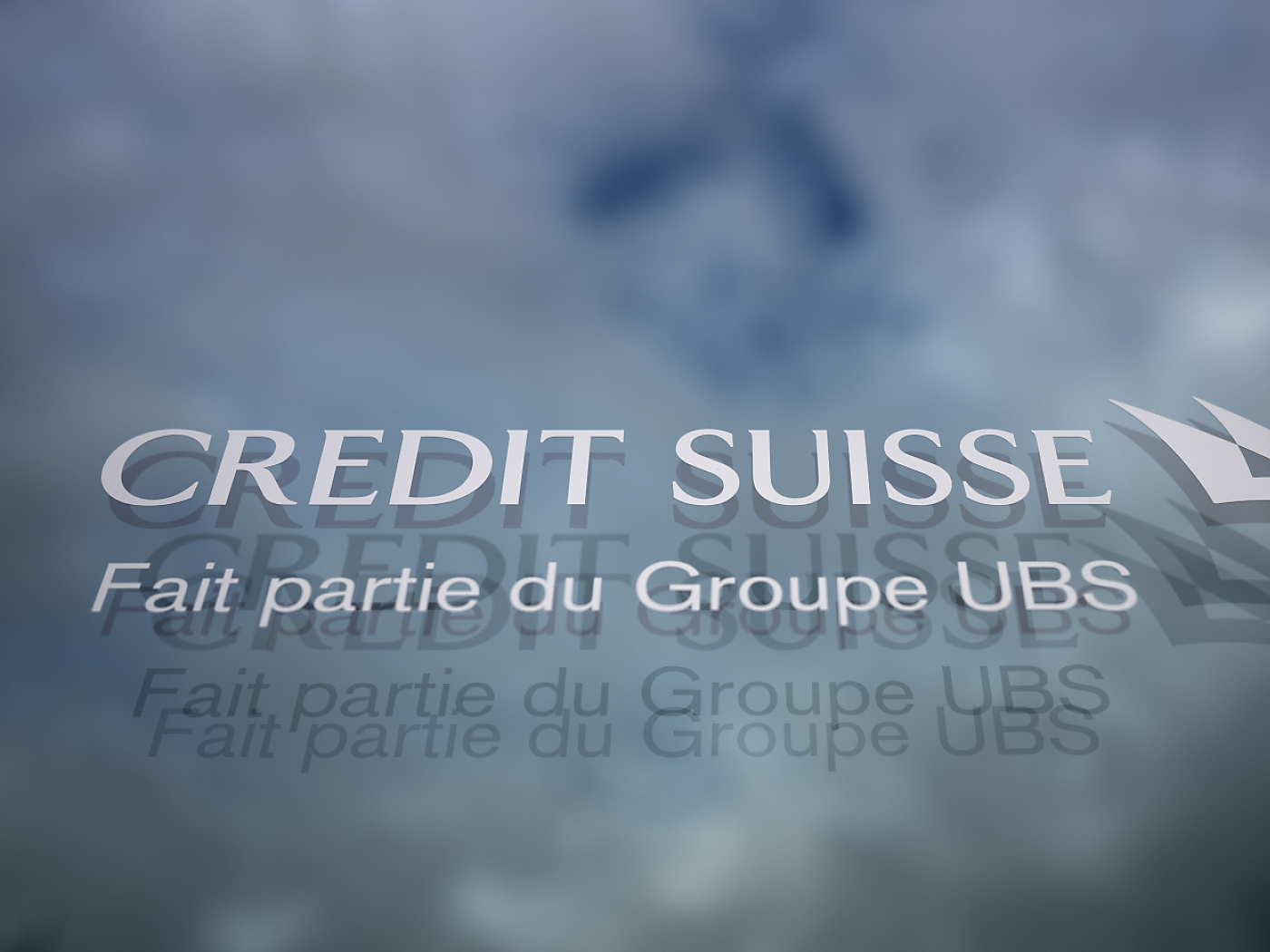




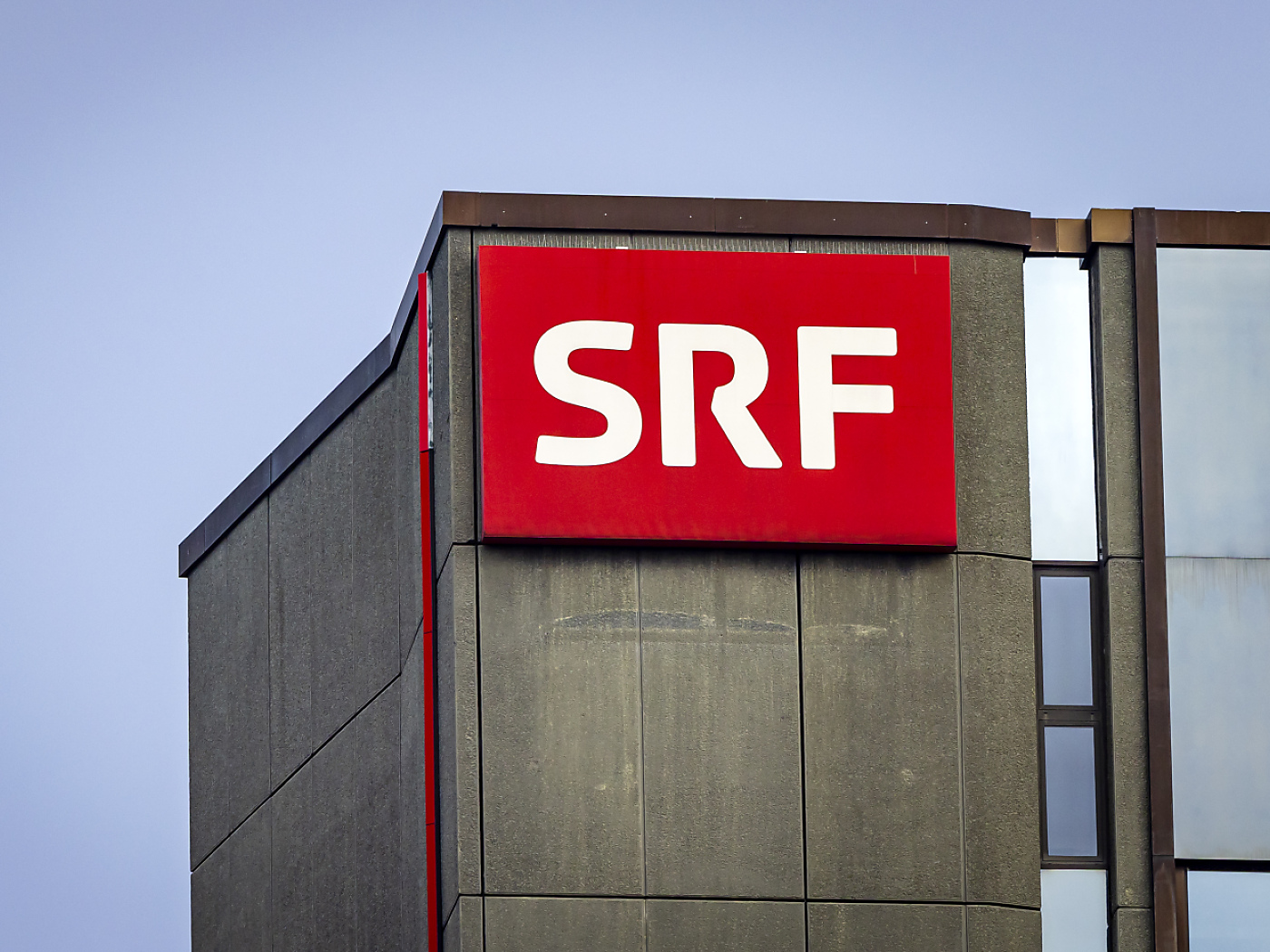
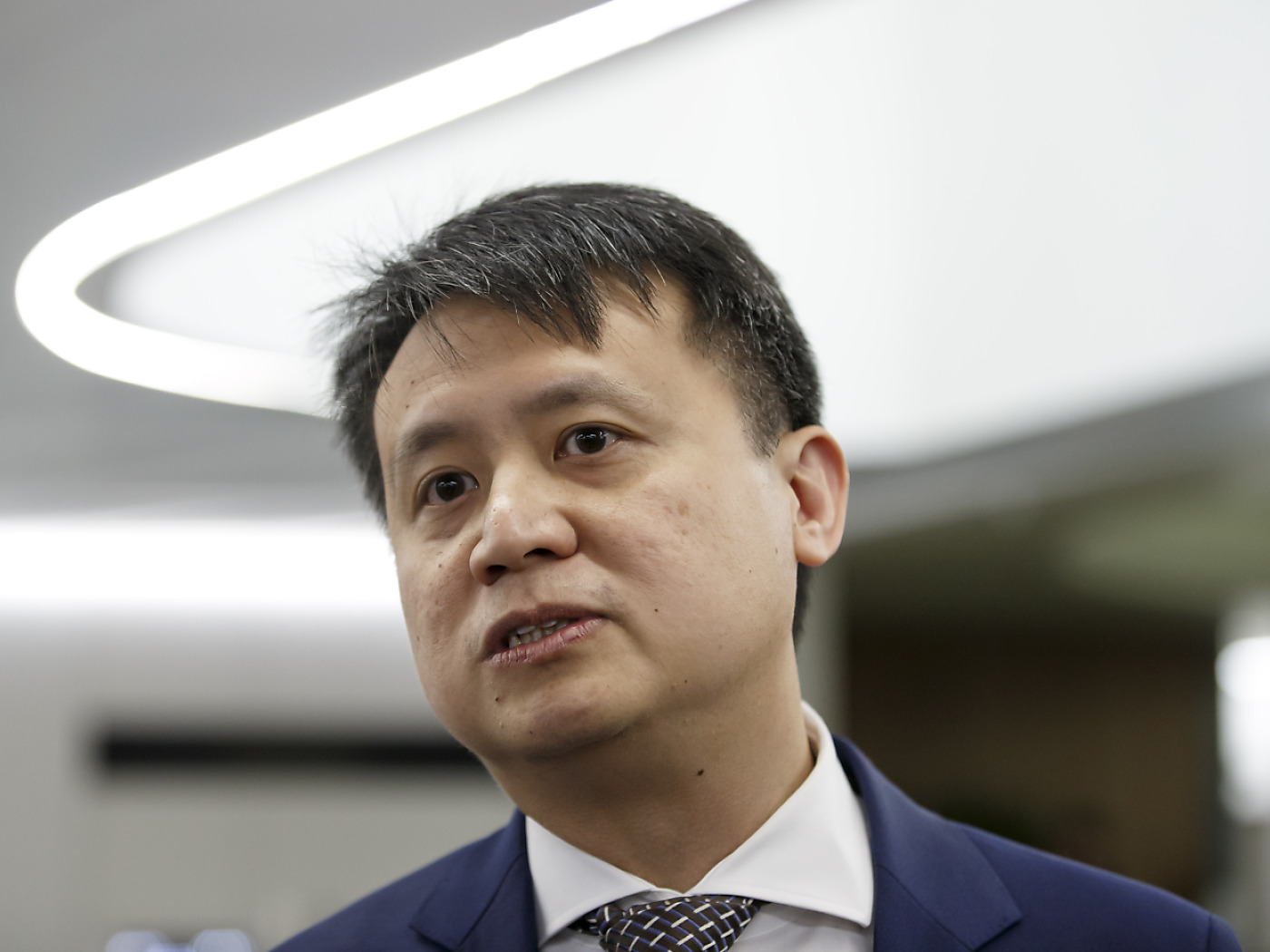

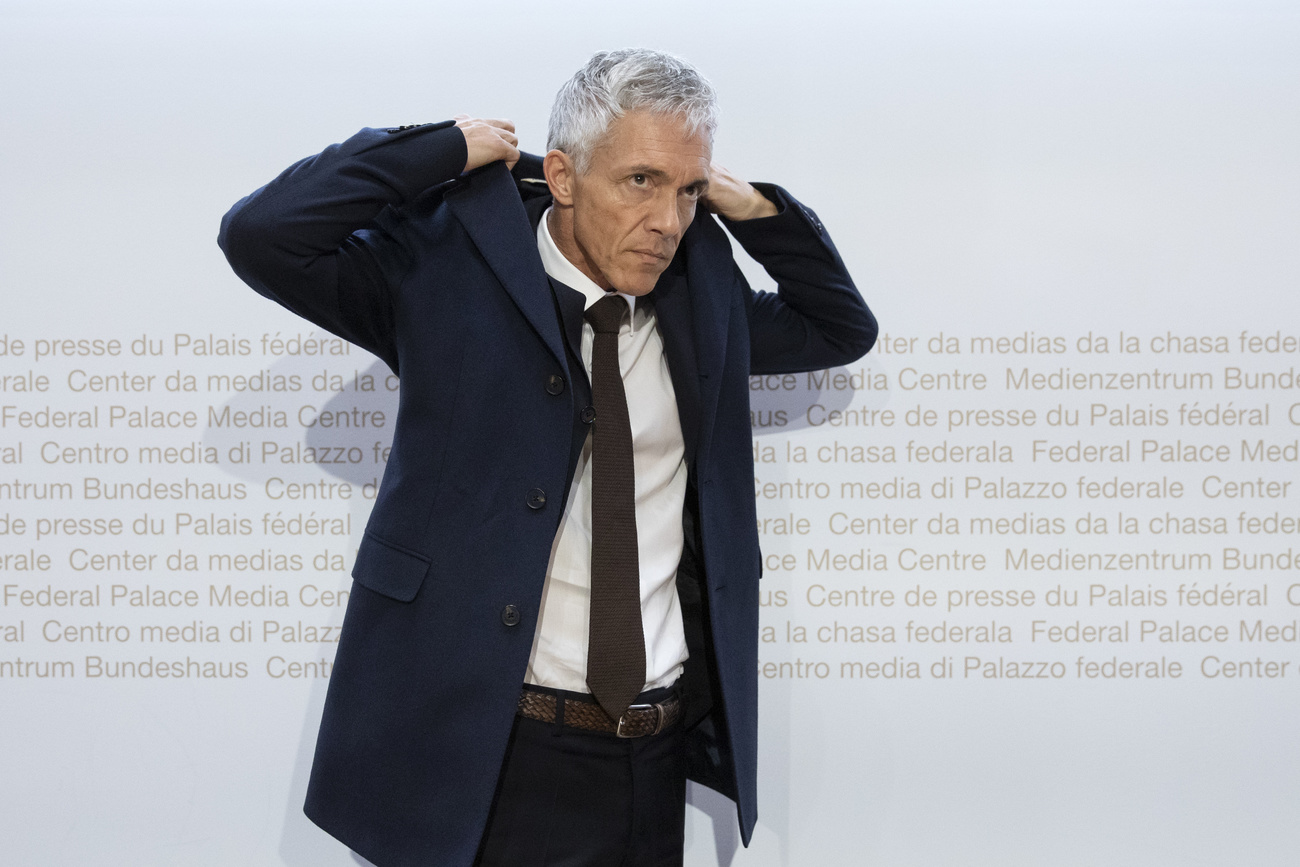

You can find an overview of ongoing debates with our journalists here . Please join us!
If you want to start a conversation about a topic raised in this article or want to report factual errors, email us at english@swissinfo.ch.